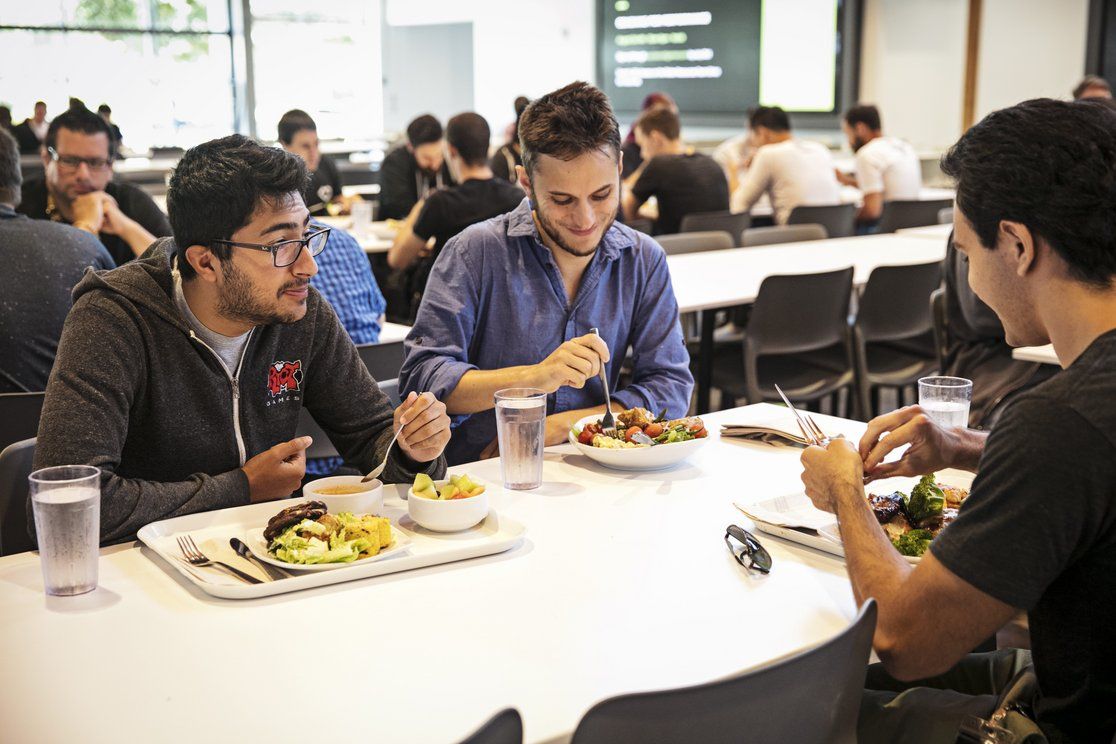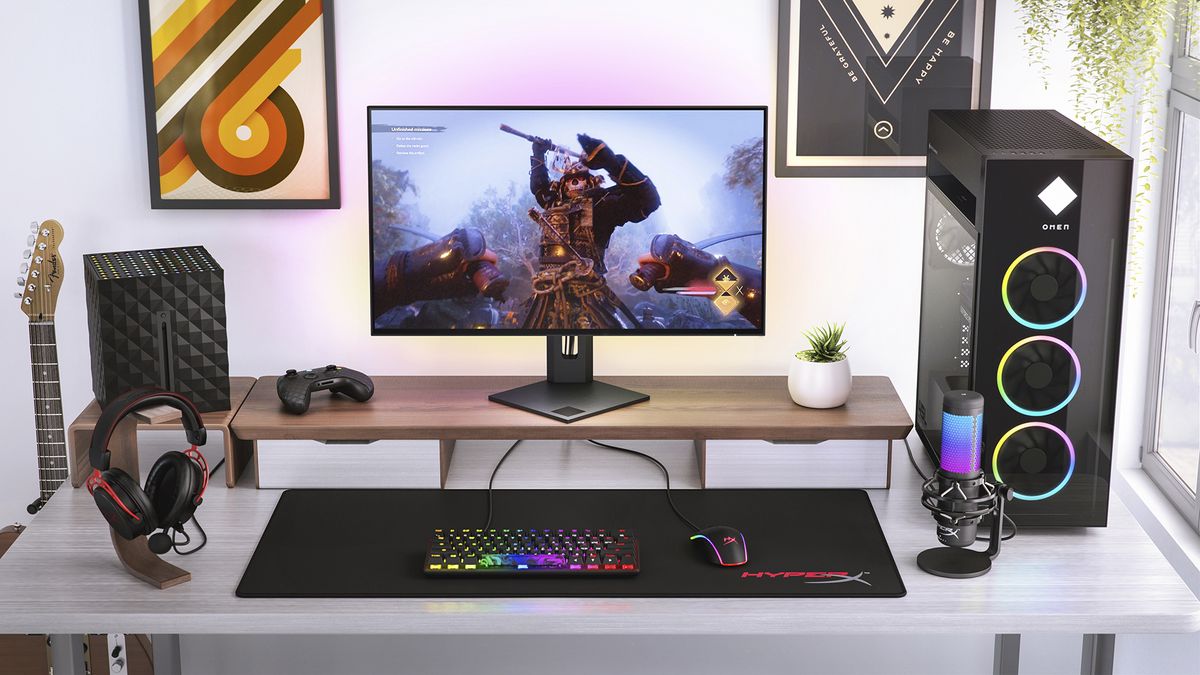Wordle is a phenomenon. Even if you don’t play it, you’ve almost certainly seen it if you use Twitter: Those little grids of green, yellow, and grey blocks, accompanied by a short, strange sequence of numbers. They look like this:
You can read an in-depth breakdown of what it’s all about here, but the short version is that it’s simple, challenging, and fun: a brilliant little brain-teaser all around, really. It’s also completely non-monetized, which is refreshing. There are no ads or optional in-game purchases, and in fact you can only play it once a day. Developer Josh Wardle (really) made it for his partner, a word game fan, and then opened it to the public in October.
“It’s something that encourages you to spend three minutes a day,” Wardle told the New York Times. “And that’s it. Like, it doesn’t want any more of your time than that.”
It’s a great story—a guy makes a smart, simple game as a token of his love, then shares the magic with the world—which makes a clone that recently turned up on the App Store seem extra scummy. Ripoffs and clones are a fact of life in mobile gaming (and PC gaming), but this case is especially egregious because the ‘creator’ of the Wordle mobile app, Zachary Shakked, has lifted everything directly, including the title, and tacked on a “Wordle Pro” upgrade option (for $30!) that offers different game modes with 4, 6, and 7-letter words, and unlimited plays per day.
As if that wasn’t bad enough, Shakked also took the opportunity to boast on social media about how well the app is doing. That resulted in strong pushback from Wordle fans, and while Shakked at first responded with snark about the game’s mechanics and Wardle’s failure to trademark the title, he quickly gave up and protected his Twitter account. Fortunately, you can see an image of his tweets and other interactions below.
See more
It’s no defense of Shakked (or anyone else who rips off other people’s work), but his is far from the only Wordle ripoff on the App Store. A couple of games using the title predate Wardle’s web-based hit, but most are blatant rip-offs—as I said, it’s an unfortunately common practice:
But the makers of most of those clones at least had the good sense to stay quiet about it. Shakked’s triumphalism on Twitter is what made him a target: It’s literally the “I made this” meme brought to real life.
Apple said last year that along with an automated review process, it employs close to 500 people to provide a “robust manual review” of software submitted for sale on its App Store. This results in the rejection of roughly 40% of the apps submitted, but many still get through. Which is perhaps not surprising: There are roughly five million apps submitted for review each year.
I’ve reached out to Wardle for comment on the Wordle clone, and will update if I receive a reply.


